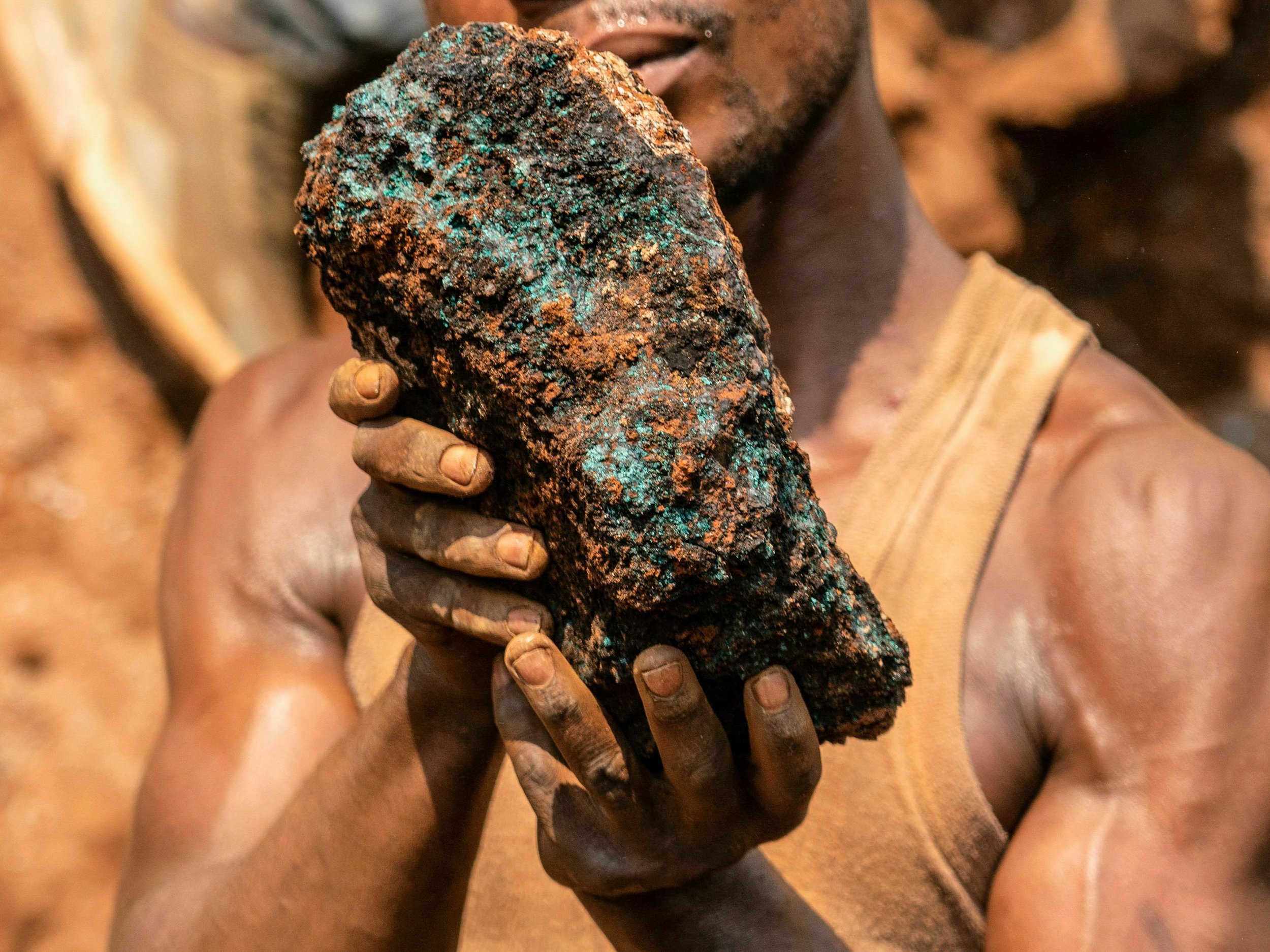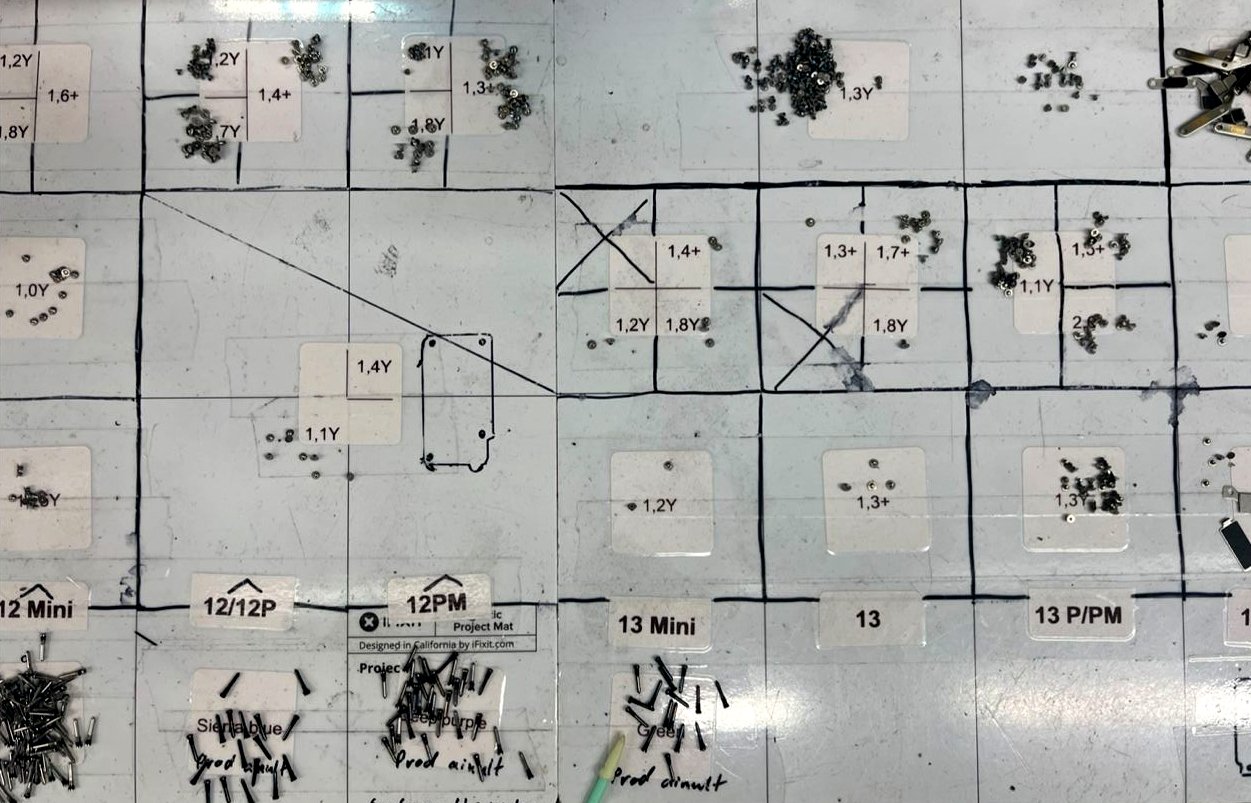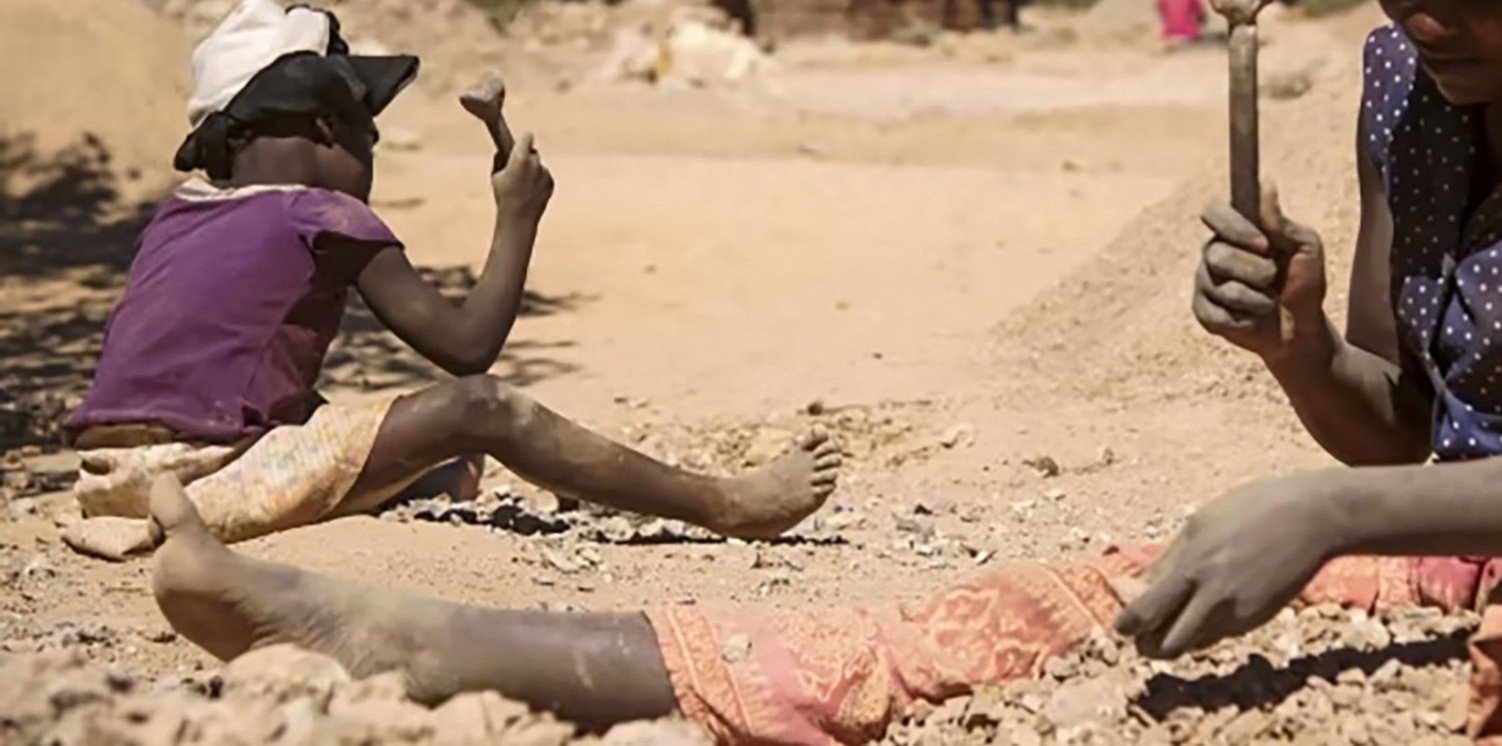
Planet & People
Facing the Anthropocene era, where human activity has become the dominant force shaping the planet, the notion of separating humans from nature – rooted in modern, Western industrial civilization – is no longer tenable.
The real cost
of Technology
The real cost of technology encompasses a diverse range of challenges, and this section will gradually expand to address key aspects, including:
Social Impact: Examining the downstream effects of technology on society.
Climate Change: Addressing emissions from the tech industry and their contribution to global warming.
Environmental Impacts: Investigating land use changes and other environmental considerations.
AI Ethics: Tackling ethical questions surrounding the development and application of artificial intelligence.
Energy Use: Exploring the energy demands of technology and strategies for optimization.
Water Scarcity: Highlighting the increasing demand for water in tech manufacturing and its impact on global water shortages.
Inequality: Analyzing the growing divide between regions with access to AI and technology versus those without.
E-Waste: Understanding the management of electronic waste and its role in toxic landfills.
Value Chain Working Conditions: Shedding light on labor conditions across the technology supply chain.
This ongoing exploration aims to provide a holistic view of the broader impacts of technology on society, the environment, and global equity.
We look forward to delving into these critical topics at the beginning of 2025, with each section released individually for focused engagement. In December 2024, as part of the launch of our updated sustainability webpage, we are spotlighting the pressing realities surrounding conflict minerals and the working conditions across the value chain, with a particular emphasis on the Democratic Republic of the Congo (DRC).
The surging demand for smartphones, electric vehicles, and renewable energy technologies has intensified the global race to extract cobalt and other critical minerals buried deep beneath the Earth’s surface.
A single smartphone requires up to 60 different minerals, many of which are nearing depletion. This relentless pursuit is causing widespread land degradation, exacerbating climate change, and placing immense pressure on ecosystems in the quest for dwindling resources.
This is a truly global challenge, marked by growing opposition to new mining projects and activities in nearly every corner of the world. In this section, we turn our focus to a region that has long endured the dual burden of conflict and resource exploitation—a region that frequently comes to the forefront of discussions around “conflict minerals.”

The Rising Demand for Critical Minerals: A Global Challenge.
Siddharth Kara in Cobalt Red: How the Blood of the Congo Powers Our Lives)
Environmental Consequences of Cobalt and Lithium Mining
The environmental toll of cobalt and lithium mining compounds the human rights violations associated with their extraction. Mining operations cause extensive ecological disruption, including soil degradation, deforestation, and water contamination, which destabilize local ecosystems and contribute to broader global environmental imbalances (Ali et al., 2017).
These destructive practices exacerbate climate change by releasing carbon stored in vegetation and soils while undermining biodiversity—a critical component of climate regulation. Additionally, the relentless, demand-driven exploitation of mineral-rich regions fuels geopolitical instability and entrenches cycles of poverty and exploitation.
This intersection of environmental harm, human rights abuse, and economic disparity highlights the urgent need for sustainable and ethical practices in the global supply chain for critical minerals.
In countries like the Democratic Republic of the Congo (DRC), the wealth generated from natural resources rarely translates into meaningful local economic development, further perpetuating inequality and systemic underdevelopment (World Bank, 2020).
Advancing Sustainability Through Circular Economy Practices
Circular economy practices, with a focus on reuse and sufficiency, offer a viable solution to alleviating the demand for new mineral extraction. By reducing the strain on ecosystems and mitigating human rights abuses, these practices play a vital role in creating a more sustainable future. Foxway contributes to this effort by extending the lifecycle of technology through refurbishment and reuse, championing a sustainable model that minimizes reliance on new resource extraction and helps curb the demand for conflict minerals.
Addressing these broader challenges also requires enforcing ethical mining practices, enhancing transparency across supply chains, and investing in technologies that reduce dependency on conflict minerals. By doing so, we can simultaneously advance environmental sustainability and promote social justice, creating a more equitable and responsible global value chain.

Governance & Corruption
The extraction and exploitation of resources in the Global South to satisfy the technological demands of the Global North underscore a profound imbalance within global economic structures. This disparity highlights the need for stronger governance, increased accountability, and equitable resource management to address systemic inequalities and promote sustainable development.
Advancing ethical
mineral sourcing
Ethical Sourcing and the Role of Initiatives, In today’s global corporate landscape, programs such as the Responsible Minerals Initiative (RMI) provide trusted frameworks for promoting the ethical sourcing of minerals. While these initiatives represent a crucial step toward accountability, it is essential to maintain a critical perspective, as the information provided is not always fully transparent or immune to scrutiny. True progress requires continuous evaluation and improvement to ensure these frameworks meet the highest standards of integrity and effectiveness.
The need for critical engagement with responsible practices
Concerns within the tech industry are intensifying, driven by evolving regulatory measures and reports from organizations such as the United Nations, Global Witness, and Amnesty International. While ongoing efforts are being made to address these challenges, significant opportunities remain for deeper engagement and more impactful action to mitigate the negative effects of the tech industry. Meaningful progress will require a collective commitment to sustainability, ethical practices, and transparency across the entire value chain.

Another Perspective
from the Industry
“They tell the international community about their programs in Congo and how the cobalt is clean, and this allows their constituents to say everything is okay. Actually, this makes the situation worse because the companies will say-"GBA assures us the situation is good. RMI says the cobalt is clean." Because of this, no one tries to improve the conditions.“
(…) “To this day, I never met anyone associated with the GBA or the RMI in the Congo, nor did I ever hear about any inspections of artisanal mining areas from any colleagues in the DRC being conducted under their banners. (…) "According to the OECD [Organisation for Economic Co-operation and Development], up to seventy percent of the cobalt from the DR Congo as some touch with child labor. There are large gaps of information the supply chain, so we have to fix the information flow in a trusted way.”
Siddharth Kara in Cobalt Red: How the Blood of the Congo Powers Our Lives
The inequity of technological progress
As wealth and technological advancements concentrate in developed nations, resource-rich developing countries are disproportionately burdened with environmental degradation and social injustices. This disparity underscores the urgent need for equitable resource management and ethical practices to ensure that technological progress benefits all, rather than exacerbating existing global inequalities.
The role of governance corruption and the resource curse
This imbalance is sustained by governance corruption, where local elites and multinational corporations reap substantial profits while the broader population shoulders the social and environmental costs of exploitation (Escobar, 1995).
The opacity of global supply chains further compounds this issue, making it challenging to hold companies accountable for unethical practices. Complex networks of subsidiaries and third-party suppliers often obscure the true origins of materials and the labor conditions under which they are extracted (Seay, 2012).
This situation raises critical questions of global justice and equity, compelling us to reflect on the ethical responsibilities of both consumers and corporations in affluent nations (Pogge, 2008).

Obsolescence in Smartphone Manufacturing
In smartphone manufacturing, the use of certain moldings, glueing and use of screws with millimetric differences is a design that accelerates the device’s obsolescence. By making disassembly nearly impossible without highly specialized tools—tools predominantly accessible in the Global North—this practice creates significant barriers to repair and recycling.
These design choices limit the lifespan of devices and restrict access to affordable repair options, contributing to the mounting crisis of electronic waste. Furthermore, they exacerbate the divide between regions with advanced technological capabilities and those without, perpetuating global economic and environmental inequalities.
This approach not only undermines sustainability efforts but also raises critical questions about corporate accountability in fostering a circular economy. A more responsible design philosophy is essential to extend product lifecycles, minimize e-waste, and address the inequities entrenched in the global tech ecosystem.
Unintended obsolescence through software and rapid innovation
The obsolescence of operating systems, coupled with rapid technological advancements and frequent updates, often renders otherwise functional devices outdated from a usability and security perspective.
Despite being technologically sound, these devices are sidelined by evolving software requirements, creating unnecessary and unwanted obsolescence. This practice not only accelerates the turnover of electronic devices but also undermines sustainability efforts by generating premature e-waste.
Addressing this issue requires a more balanced approach to software development and innovation—one that extends device lifecycles and prioritizes environmental responsibility alongside technological progress.



